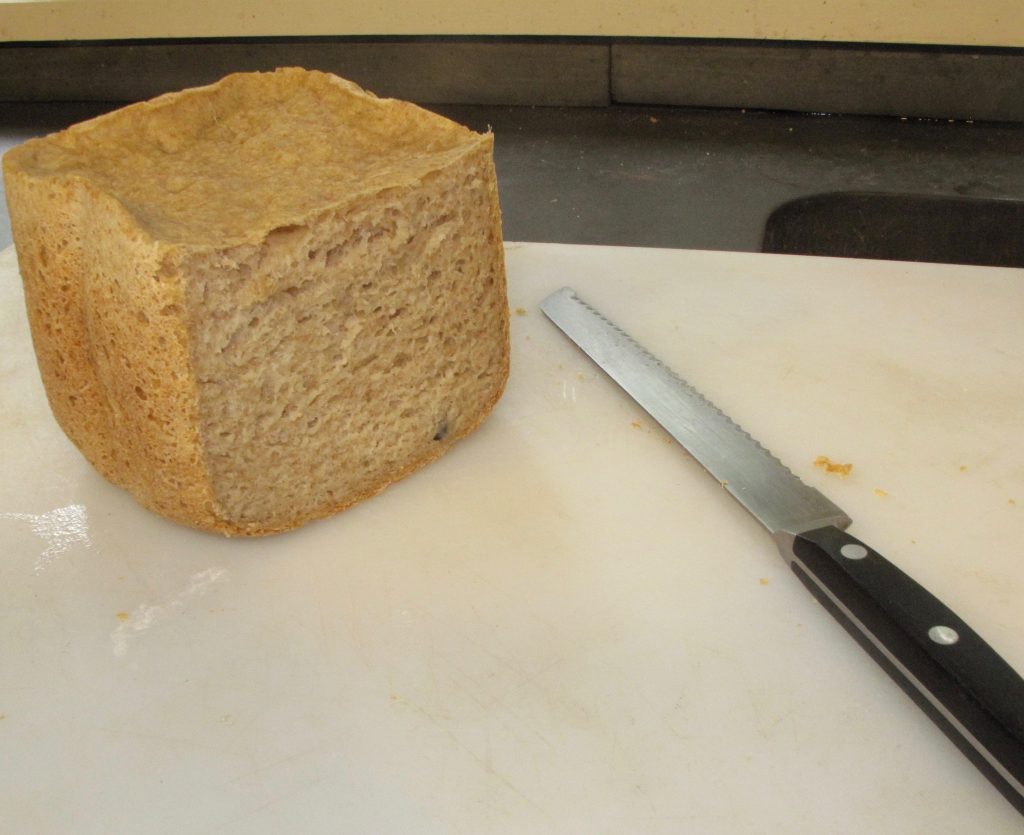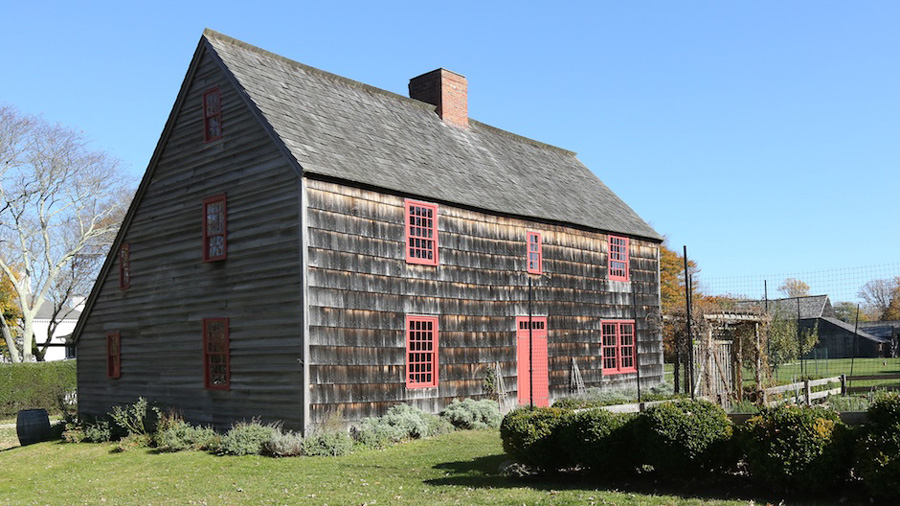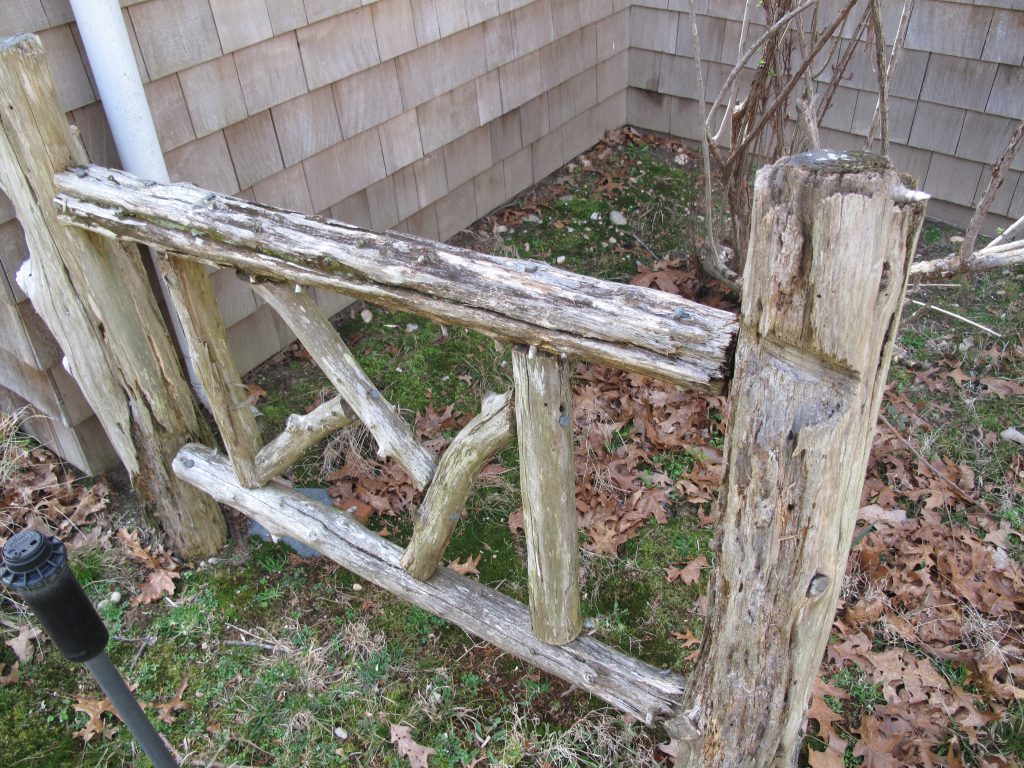
Sunday, July 11.
Along with the local deer, who stroll nonchalantly through our yard, there is a family of alarmingly large hawks living nearby, sometimes also venturing onto our turf. I encountered the one shown above–some 15 inches tall at least–along with his mate and one offspring during my morning walk. He didn’t seem very concerned. Maybe he thought it would entail too much work to eat me.
He was munching on something as I approached, and I don’t think it was a bagel. Probably some innocent little rodent or fellow bird. Too bad the hawks don’t eat deer.
The primary predator helping to winnow the deer herd is the automobile, as a local newspaper once pointed out. The victim’s carcasses can frequently be seen along the sides of roads. There are human victims, too: In a freak accident some years back, an auto hit a deer and sent it flying through the air, whereupon it struck and killed a bicyclist.
I wonder if the deer was wearing a helmet. Seems like we need not only bike lanes but also deer lanes.
Meanwhile, there’s a move afoot to shut down the East Hampton airport. Middle class folks complain that the constant jet-aircraft and helicopter traffic disturbs their peace–and that the aircraft serve only the 1%. There have been heated, standing-room-only political hearings on the matter, and no doubt the local pols, recipients of the 1%’s largesse, just wish the issue would go away. Lee Zeldin, the mossback GOP congressman who represents the area, had a spokesman present who said the town should not pursue “needlessly harsh measures.”
Hmmm. If there are only a very few people flying into the airport, why then is there a noise problem?
Turn-of-the-20th-century sociologist Thorstein Veblen would likely have an answer. Veblen, author of The Theory of the Leisure Class, coined numerous witty and on-point observations about the behavior of the 1%. Why did the ancient Chinese Emperors insist that their wives and concubines sport very, very long fingernails? Well, it was a display of what Veblen termed “conspicuous waste.” It showed that the Emperor had sufficient wealth to surround himself with women who were unable to perform any useful labor. Their morbidly long fingernails wouldn’t allow them to peel a lychee nut, much less clean the bathroom or prepare bird’s nest soup. Similarly, the retinues of various kings and pashas included hugely muscled servants who did little more than stand around and scowl. With their biceps, these bruisers could have been moving mountains. Why not? More conspicuous waste, Veblen opined.
So, today, I suspect, the 1% favor aircraft that make as much noise as possible: It’s a manly display of their pecuniary strength and ability to shake the heavens. Did you think Donald Trump alone craved public attention?
Dinner: barbecued pork chops, potato salad, and a lettuce salad.
Entertainment: Eric Rohmer’s romance caper Rendez-vous in Paris.






